Exotic fruits and vegetables in our diet
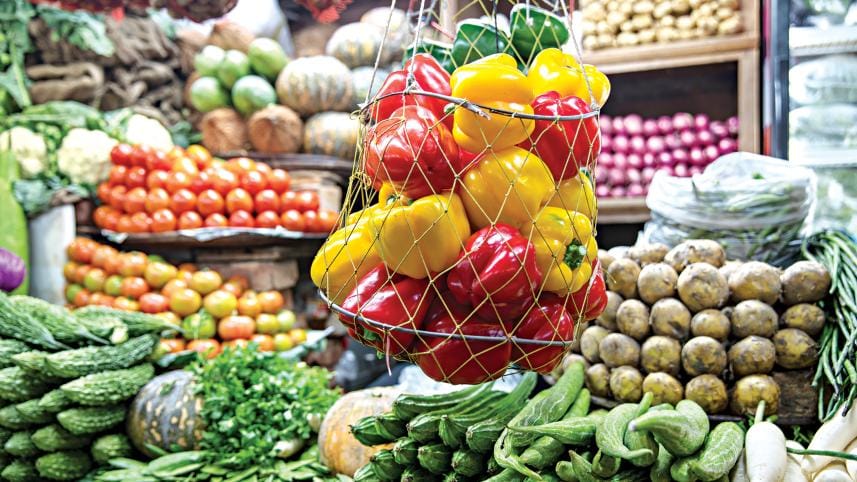
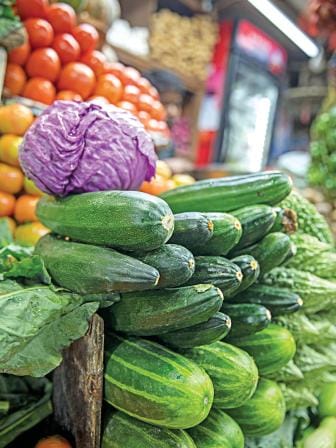
In recent years, the availability of exotic fruits and vegetables from local farms in Bangladesh has been on the rise. This has been a welcome change for consumers as it has opened up a world of new flavours and textures for them to explore. No longer are they limited to the traditional fruits and vegetables commonly found in their region; they now have the opportunity to try a diverse array of exotic options.
Thanks to extensive local farming, fruits and vegetables like passion fruit, sweet orange, capsicum, Chinese cabbage, and asparagus, to name a few, can be found almost everywhere, be it from street vendors or super shops. Great for nutrition, flavour, and unique taste, these fruits and vegetables are providing a great addition to the diet of many Bangladeshis.
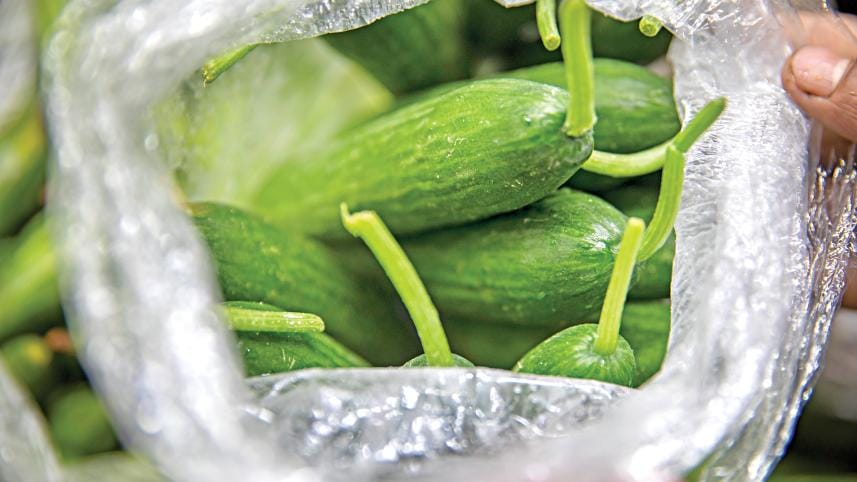
Local farming leading the way to increased availability
Data from the Department of Agricultural Extension (DAE) showed that the high-value exotic fruits that are largely grown in the country are dragon fruits, sweet oranges, oranges, strawberries, avocadoes, persimmons, rambutans, longans, and net melons. The combined production was around 2.06 lakh tonnes in the last financial year.
Imtiaz Ahmed, a farmer in Natore said, "I used to cultivate guava and plum on my 10 bighas of land before, but now I am focusing on dragon fruit farming as it is more viable for the local environment and I am making good profit from it too. As people are more interested now to look for healthier options, there is a good scope to farm these fruits on an even wider scale."
According to DAE, for the past several years, the country has seen an increase in the production of a variety of exotic vegetables. Capsicum is easily the most popular among them and the data shows that once it was sold at Tk 800-1000 per kilogram because it solely relied on imports; now they are sold at Tk 200-400 per kilogram. Besides capsicum, a good number of exotic vegetables such as lettuce, Chinese leaves, beetroot, broccoli, and red cabbage are now grown in Bangladesh.
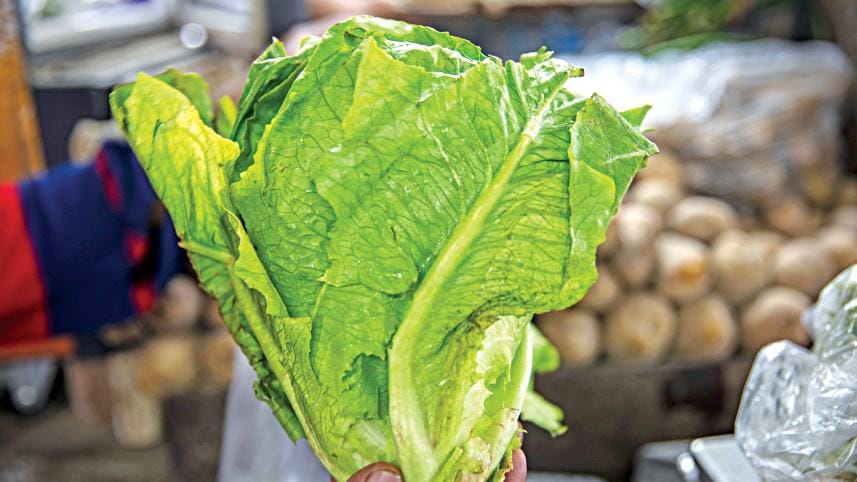
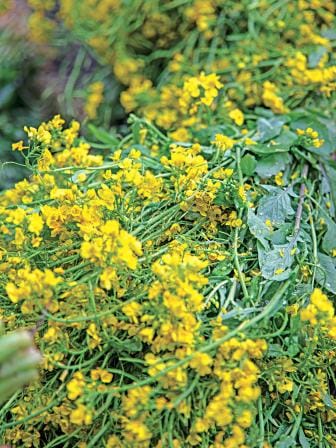
Reducing import dependency and increasing demand for the consumers
Thanks to the successful local farming of these exotic fruits and vegetables, they are no longer considered 'exotic', becoming a part of the daily food habit of a new generation of health-conscious people. Super shops like Shwapno are full of these fruits and thanks to the contributions of local farmers, they can source the produce from them much more affordably than importing them like before.
Md Mahdi Faisal, Head of Business (P&P), Shwapno said, "Shwapno sources fruits from local farmers by maintaining strict rules and regulations in regard to sourcing. If we are unable to source it directly from farmers, then we have suppliers who provide us with the fruits, maintaining the right procedure. We always make sure that the fruits we source locally are free from any usage of ripening agents so that our consumers can get fruits which are chemical free and fresh."
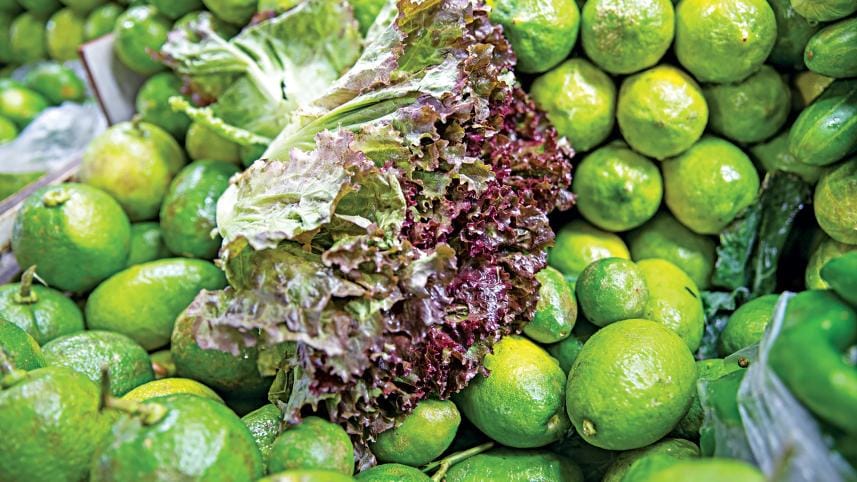
He added, "We have seen in recent years that these types of exotic fruit are in good demand among consumers. Due to the increase in dollar price, the cost of import has increased. However, thanks to our local farmers who are able to produce these fruits, making them considerably more affordable than imported ones, it's easier and cheaper to source from them, which garners positive response from the customers as well."
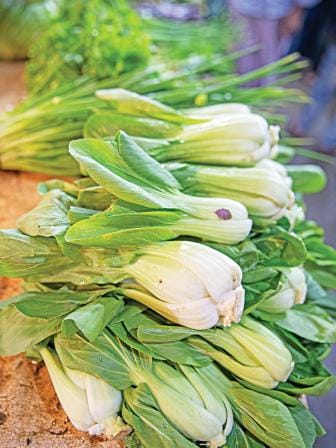
Reducing the import dependency on these fruits and vegetables have also had a profound impact on vegetable sellers, whether in big kitchen markets or street vendors selling fresh vegetables from their rickshaw van, previously it was impossible to think vegetables like capsicum, beetroot, and asparagus can be found everywhere at convenient prices.
"I sell red, yellow, and green capsicums the most as this vegetable is very popular, especially to younger generations. Lettuce is also a big seller, along with beetroot and broccoli. As I buy these from open markets like Karwan Bazar, where it comes all freshly sourced from local farmers, it gives me more options to sell vegetables along with our traditional vegetables," said Nur Ahmed, a vegetable seller from Dhanmondi.
Changing preferences making fruits and vegetables a mainstay
"Fruits like dragon fruit, passion fruit, and sweet oranges are a great way to add fresh, healthy, and delicious flavours to your meals. Not only are they packed with vitamins and minerals, but they provide a unique and exotic taste that helps to make meals more enjoyable. Eating fruits like these is a great way to start your day with a nutritious and delicious kick, or to add something special to your dinner plate," said Nafisa Hossain, a university student from Dhaka.
As Bangladeshi people are now more health conscious than ever before, they need healthy options at the table to have a nutritious diet. While the country is blessed with many types of traditional fruits and vegetables, having access to a wide array of fruits and vegetables certainly, add more value to one's food habit.
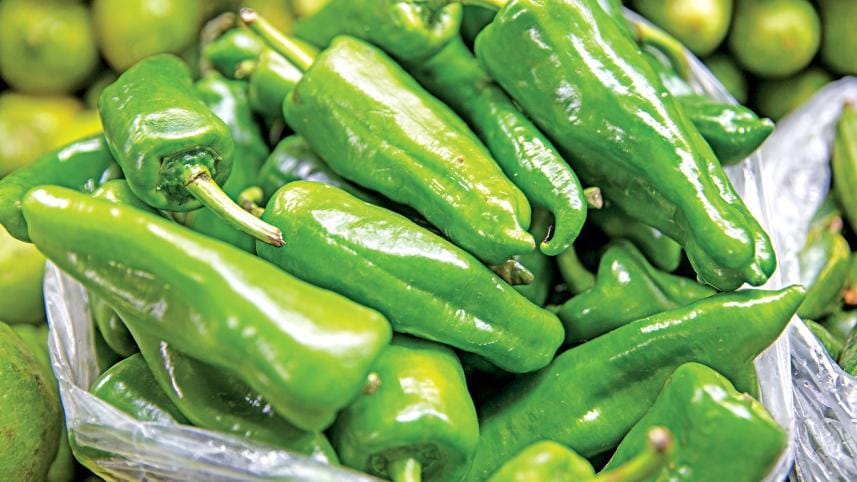
"While I like our traditional vegetables, I find vegetables like capsicum and broccoli add distinct flavours. Whether it's the fried rice we eat at restaurants with a generous mixing of capsicum, or the lettuce-wrapped barbecue, I think it's great that now we have a more diversified food palate," said Salma Akhter, a resident of Narayanganj.
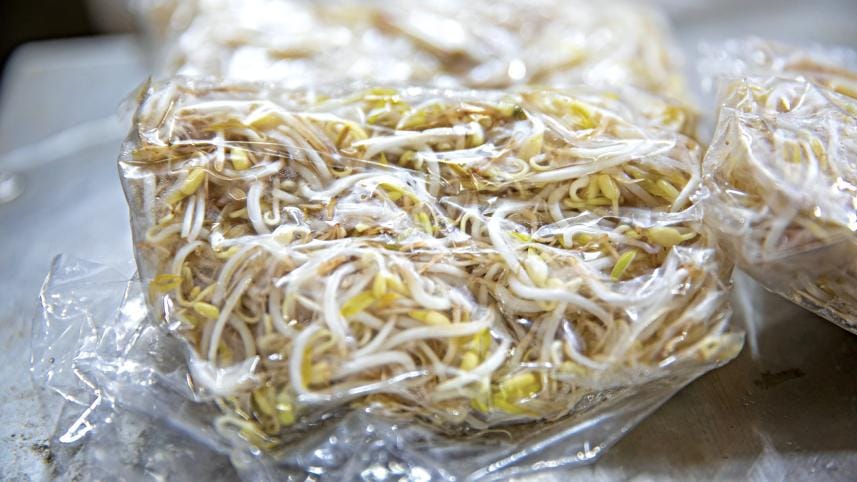
The local farming of exotic fruits and vegetables in Bangladesh has brought about a significant change in the way people consume and appreciate food. These unique and often hard-to-find items are no longer just a luxury but are now becoming a staple in the diets of a new generation of health-conscious consumers. The rise in local farming has made exotic fruits and vegetables more accessible and affordable, leading to greater adoption, awareness, and appreciation for the nutritional benefits and flavours that these fruits and vegetables have to offer.

Photo: Sazzad Ibne Sayed




 For all latest news, follow The Daily Star's Google News channel.
For all latest news, follow The Daily Star's Google News channel.
Comments